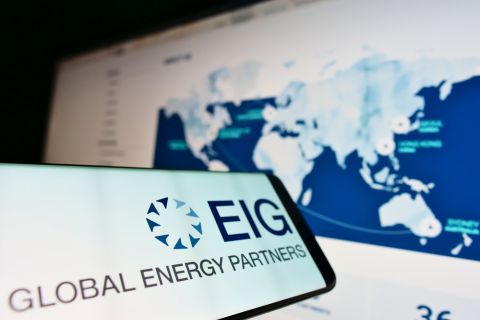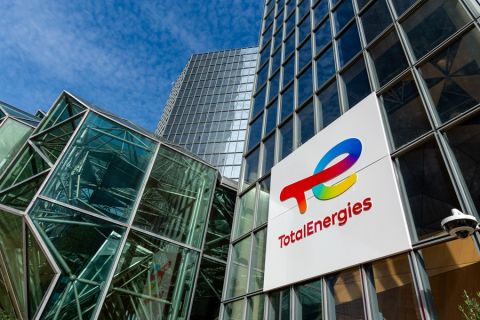Romania-based Black Sea Oil & Gas (BSOG) will begin extracting natural gas from its $600 million offshore Romanian project in November, its CEO said on Feb. 23, but added further progress hinged on scrapping a disputed tax.
The additional tax on offshore projects is the last remnant of a series of price caps, taxes and export restrictions introduced two years ago by a previous center-left government.
The changes, most of which have since been reversed, blindsided gas producers, which have spend over a decade and billions of dollars preparing to tap Romania’s Black Sea gas.
Critics warn Romania’s window to tap its offshore reserves—which could diversify gas supplies in the region and help Romania phase out coal in line with EU targets—is narrowing.
BSOG, controlled by private equity firm Carlyle Group LP, has pressed ahead with its project to extract an estimated 10 Bcm of gas, believing the new center-right government will scrap the tax before November.
“We’ve got this perfect project, very well behaved as far as the EU is concerned,” CEO Mark Beacom told an energy seminar, adding BSOG’s project had a 10-15 year lifespan and that renewable projects could be developed around its infrastructure.
Meanwhile, OMV Petrom, majority-controlled by Austria’s OMV, has delayed a final investment decision on its much larger Neptun Deep offshore project.
Energy Minister Virgil Popescu said on Tuesday he was confident parliament would amend the offshore law and remove the additional tax before the summer recess. He also said OMV Petrom could start extracting gas from Neptun Deep by 2025.
OMV Petrom CEO Christina Verchere agreed it would take around four years after a final investment decision.
“So I think it is really important that we get going,” she told the seminar.
Speaking at the same event, European Commission Executive Vice President Frans Timmermans urged Romania to use its part of the EU’s 750 billion euro economic recovery fund to invest heavily in renewable energy.
“It’s important to advance to that and really see natural gas as a transition energy carrier and not as the end situation,” he said.
Recommended Reading
Ithaca Energy to Buy Eni's UK Assets in $938MM North Sea Deal
2024-04-23 - Eni, one of Italy's biggest energy companies, will transfer its U.K. business in exchange for 38.5% of Ithaca's share capital, while the existing Ithaca Energy shareholders will own the remaining 61.5% of the combined group.
EIG’s MidOcean Closes Purchase of 20% Stake in Peru LNG
2024-04-23 - MidOcean Energy’s deal for SK Earthon’s Peru LNG follows a March deal to purchase Tokyo Gas’ LNG interests in Australia.
TotalEnergies to Acquire Remaining 50% of SapuraOMV
2024-04-22 - TotalEnergies is acquiring the remaining 50% interest of upstream gas operator SapuraOMV, bringing the French company's tab to more than $1.4 billion.
TotalEnergies Cements Oman Partnership with Marsa LNG Project
2024-04-22 - Marsa LNG is expected to start production by first quarter 2028 with TotalEnergies holding 80% interest in the project and Oman National Oil Co. holding 20%.
Is Double Eagle IV the Most Coveted PE-backed Permian E&P Left?
2024-04-22 - Double Eagle IV is quietly adding leases and drilling new oil wells in core parts of the Midland Basin. After a historic run of corporate consolidation, is it the most attractive private equity-backed E&P still standing in the Permian Basin?




